- Home | Industry Update | Textile Sector: The Need For Policy Overhaul...
Textile Sector: The Need For Policy Overhaul

The All Pakistan Textile Mills Association (APTMA) urgently conveyed to the finance minister the critical challenges facing the textile sector, emphasizing a confluence of detrimental factors: the flawed implementation of the Export Facilitation Scheme (EFS), prolonged delays in crucial tax refunds, and the escalating burden of energy costs, all converging to create a severe threat to the industry's stability and long-term viability.
The Export Facilitation Scheme (EFS) is plagued by a critical imbalance: while imported raw materials enjoy duty-free and sales tax-free status, the Finance Act 2024 eliminated zero-rating and sales tax exemptions for local raw materials, imposing an 18 percent refundable sales tax. This disparity, compounded by a dysfunctional refund system, significantly disadvantages domestically sourced materials, undermining the intended benefits of the EFS.
Despite the Sales Tax Rules 2006 stipulating a 72-hour refund processing timeframe, exporters consistently face delays exceeding six months, with only 70% of claims being processed and a substantial 30% remaining unresolved. This systemic failure has resulted in a staggering Rs329.5 billion in outstanding refunds, severely impacting the textile sector's liquidity.
APTMA contends that the Export Facilitation Scheme (EFS) has backfired, favoring importers of duty-free inputs at the expense of domestic producers. This policy anomaly has triggered the closure of over 100 spinning mills, representing 40% of the sector's production capacity, and forced many others to operate at significantly reduced output. The resulting severe slowdown in the spinning industry has led to massive job losses, with the potential for wider economic repercussions.
The current taxation and import policies are demonstrably harming domestic textile manufacturers, necessitating a critical government evaluation of their efficacy in promoting exports and tax revenue. To ensure a fair competitive landscape, duty-free imports should not undermine local industry. Therefore, APTMA's proposal for a graduated sales tax regime, which taxes inputs at lower rates than final goods to incentivize domestic manufacturing and combat tax evasion, warrants serious consideration.
05:55 PM, Mar 18
Source : Textile Sector: The Need For Policy Overhaul


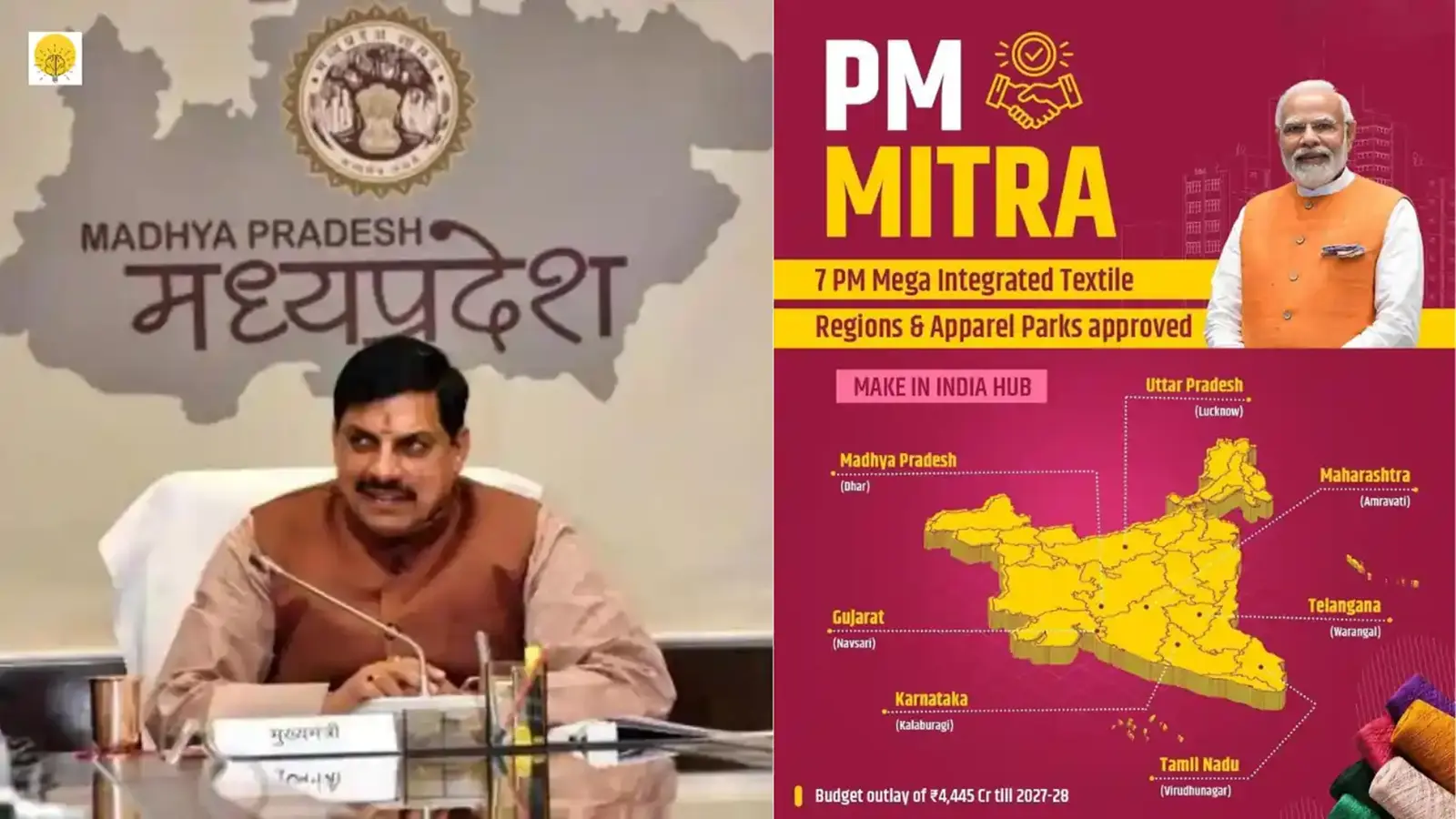
.webp)
.webp)
.webp)
.webp)

1.webp)
1.webp)
1.webp)
1.webp)


1.webp)



1.webp)
1.webp)


1.webp)

1.webp)
1.webp)




1.webp)

1.webp)




1.webp)


1.webp)
1.webp)
1.webp)


1.webp)
1.webp)

1.webp)


1.webp)

1.webp)
1.webp)
1.webp)
1.webp)



1.webp)

1.webp)


1.webp)





1.webp)

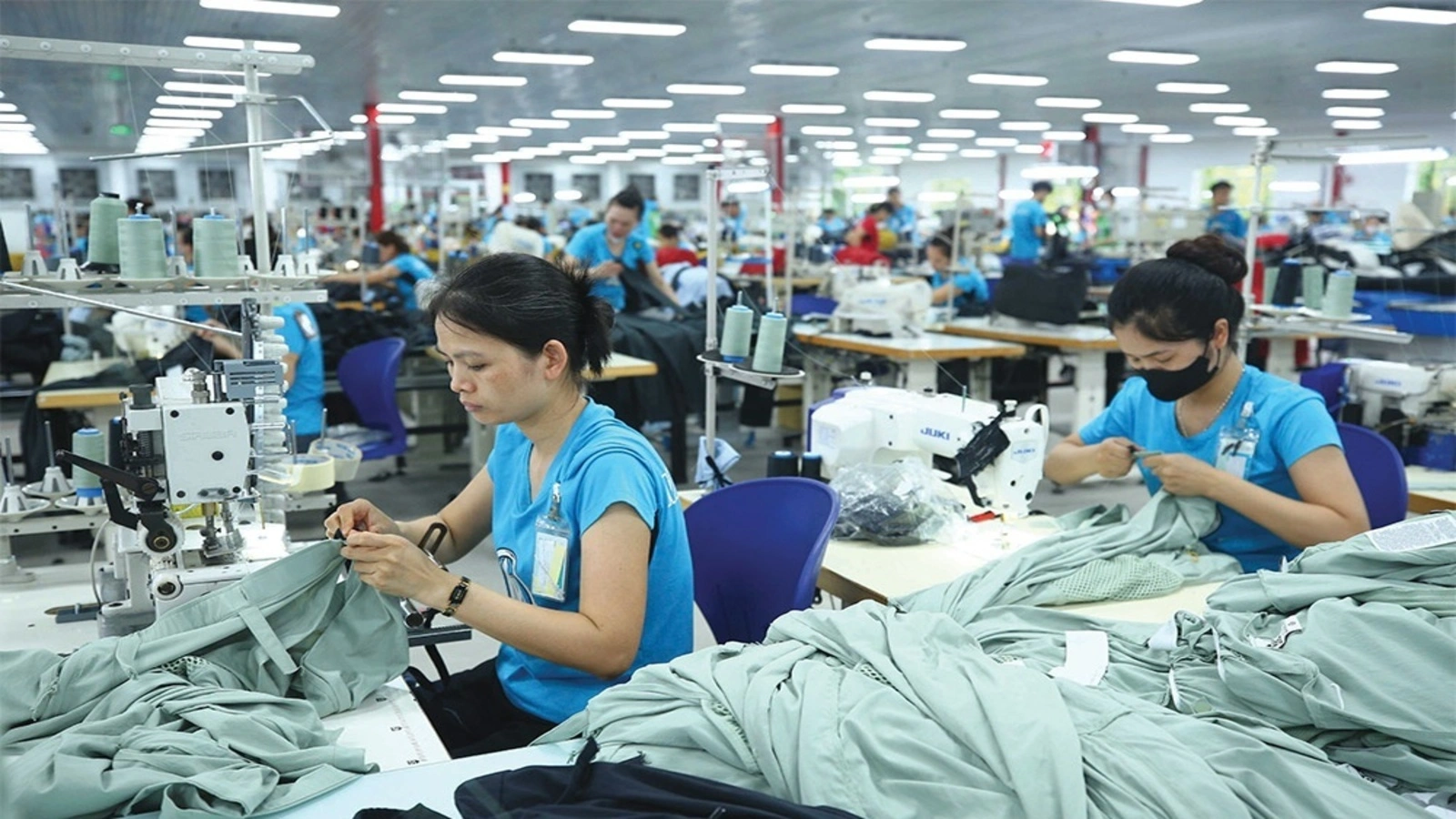
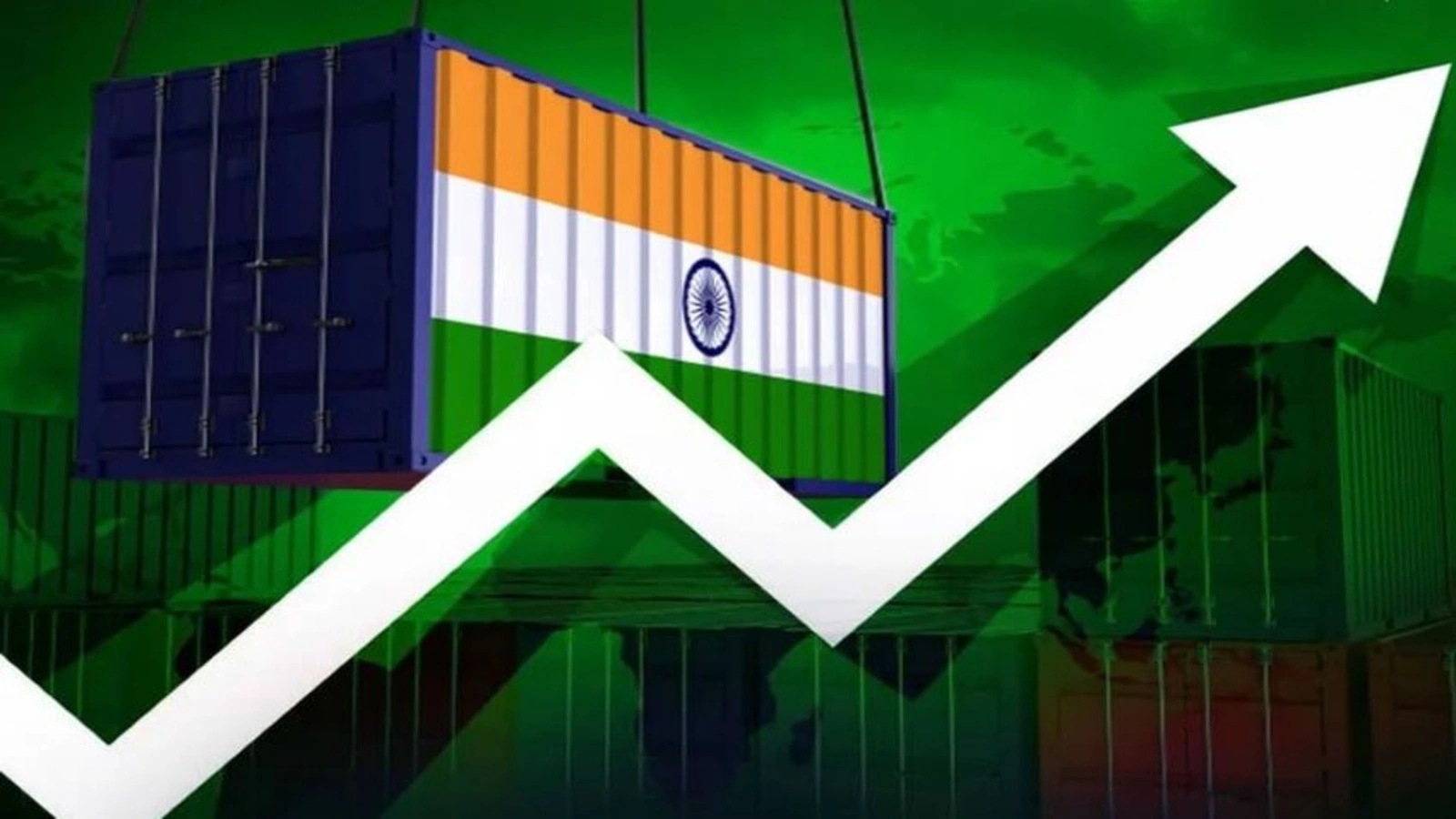
1.webp)





1.webp)
1.webp)
1.webp)

.webp)

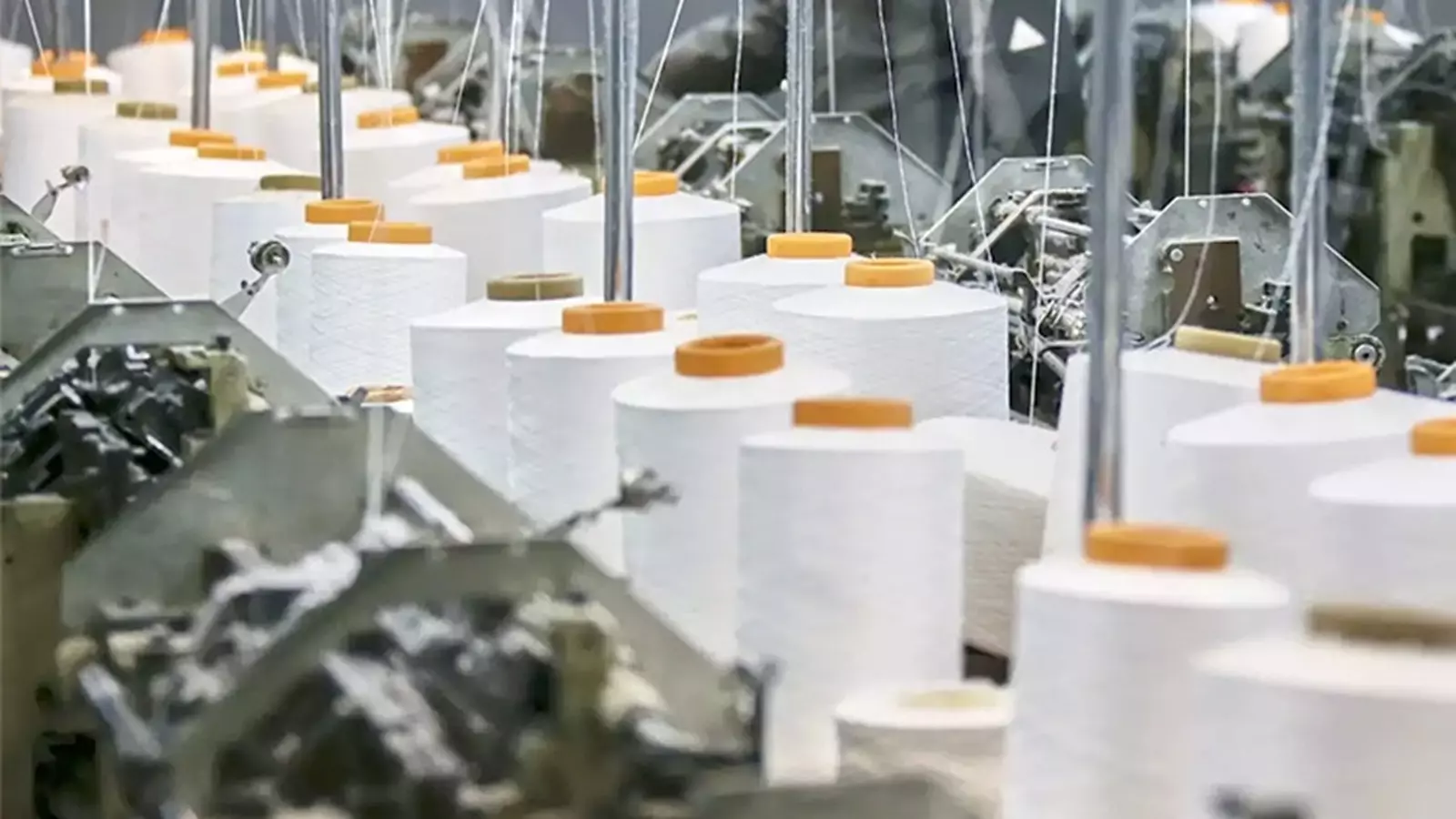
1.webp)
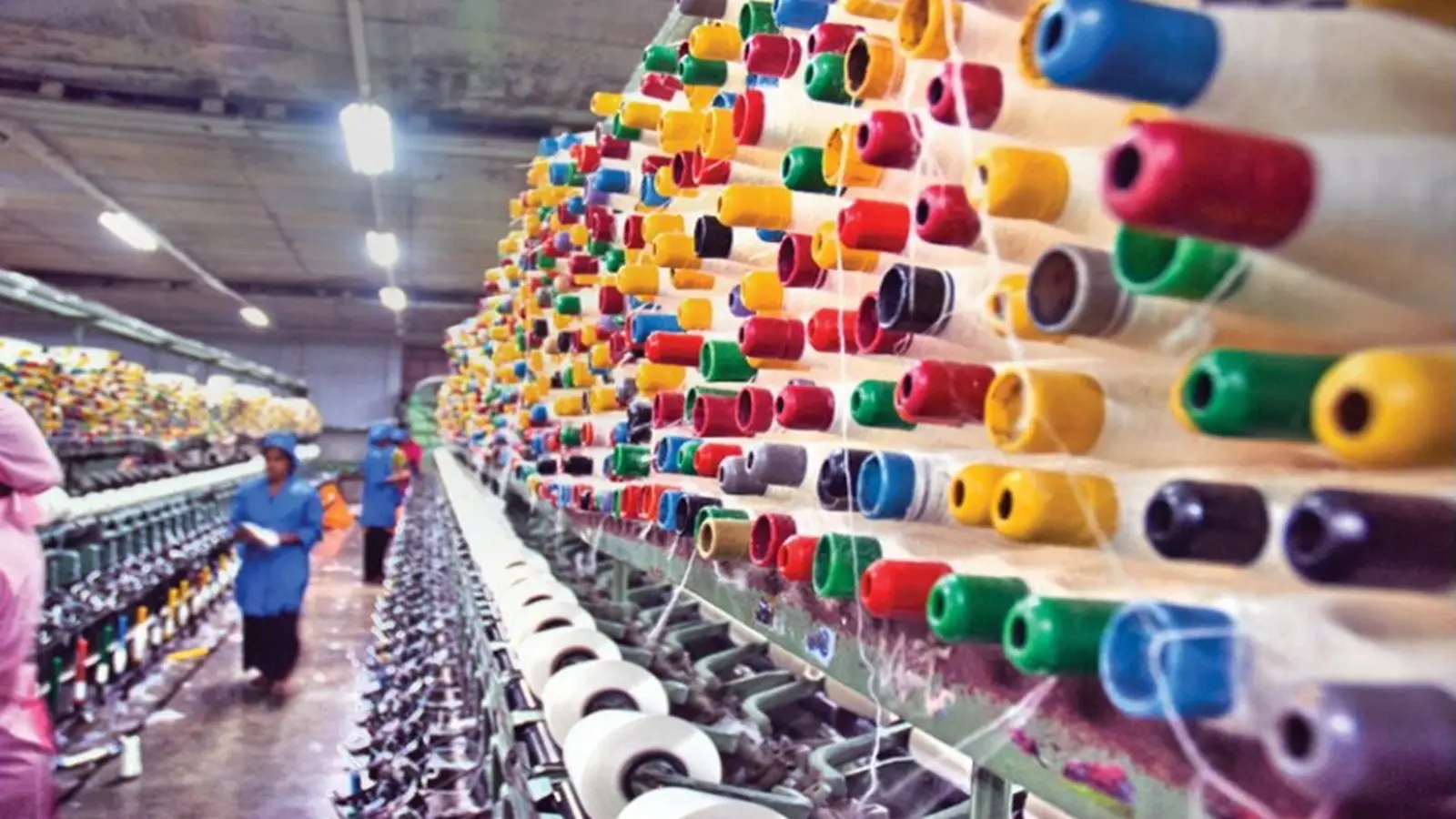
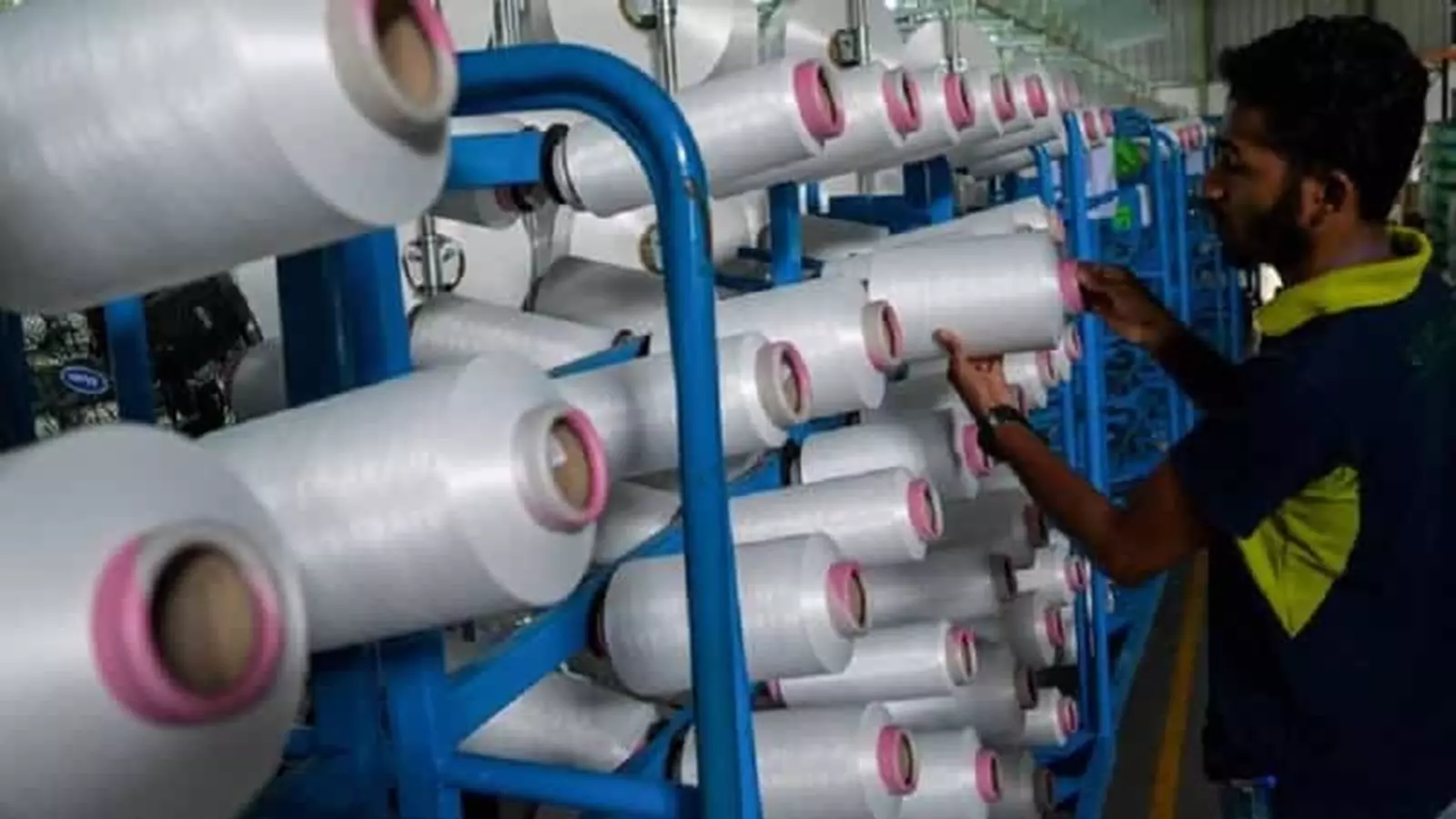

1.webp)






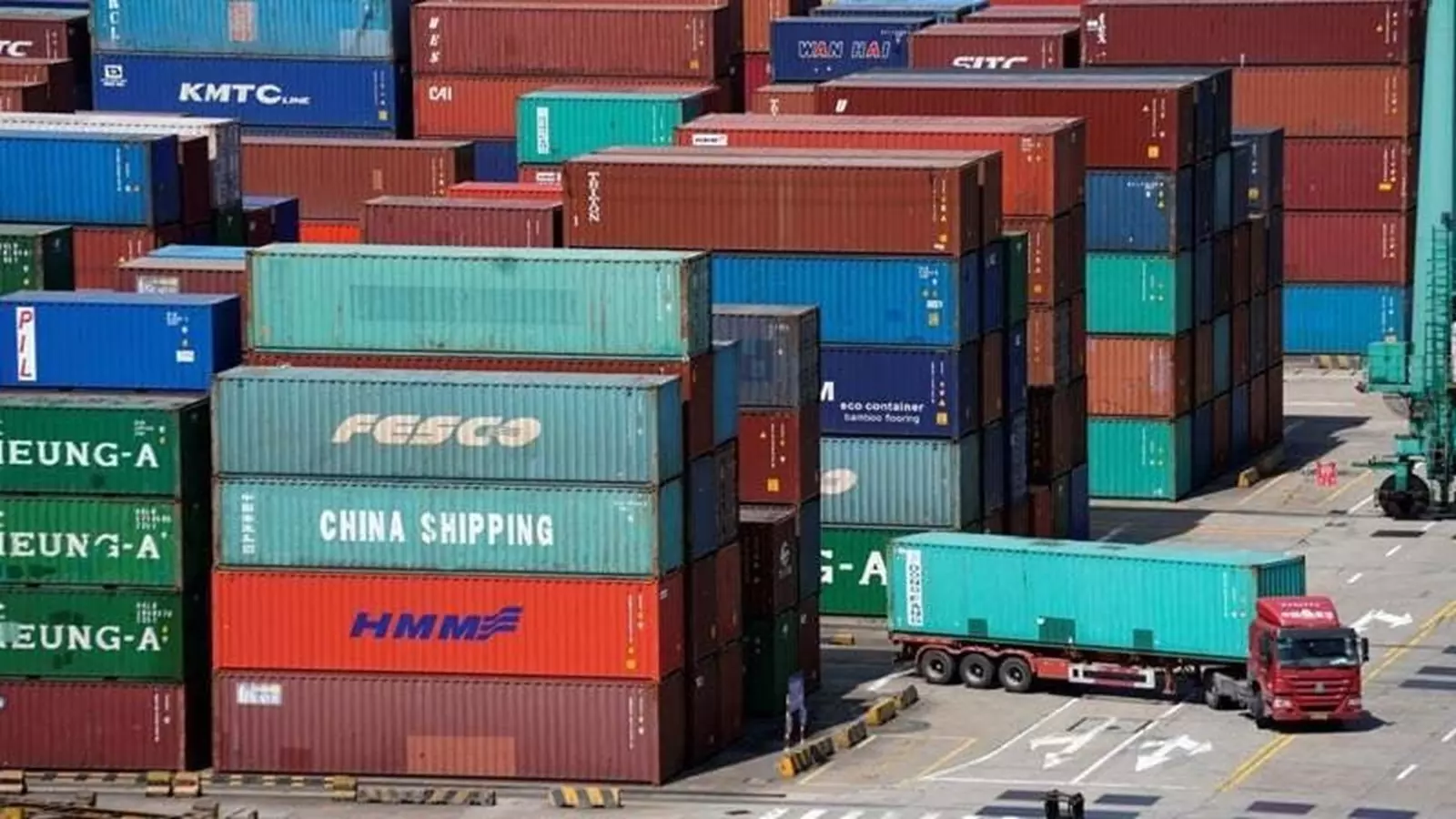
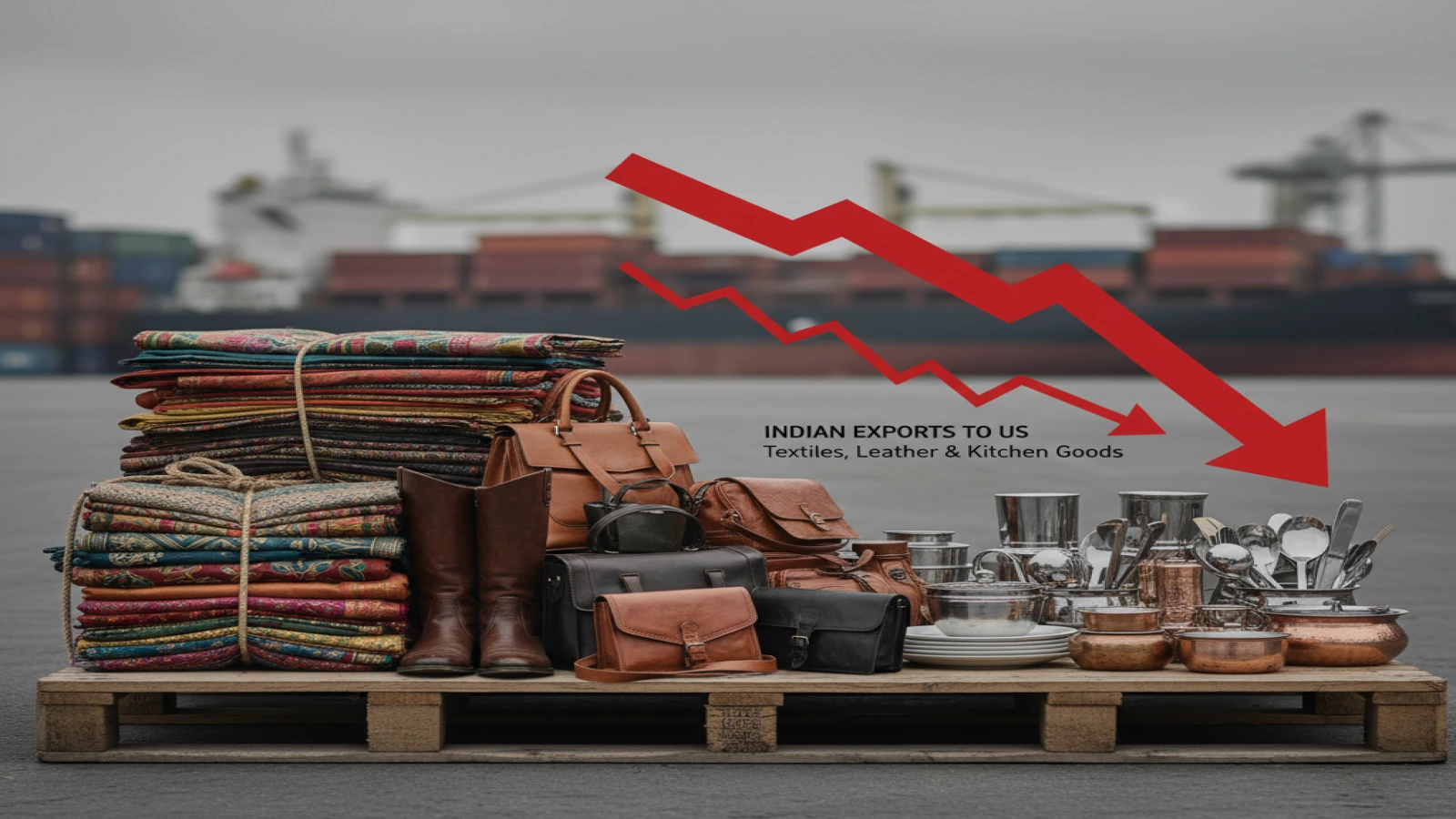

1.webp)
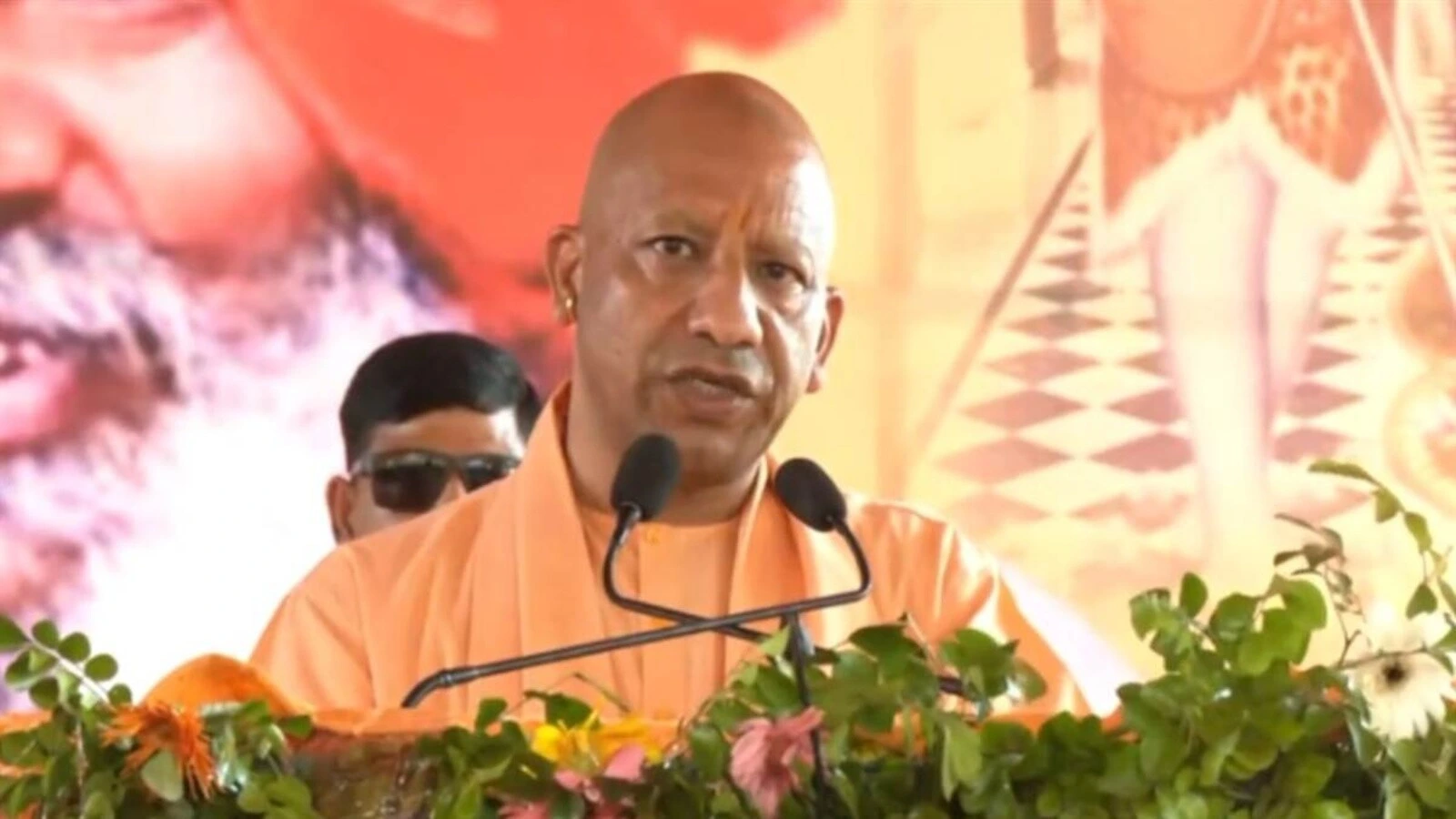
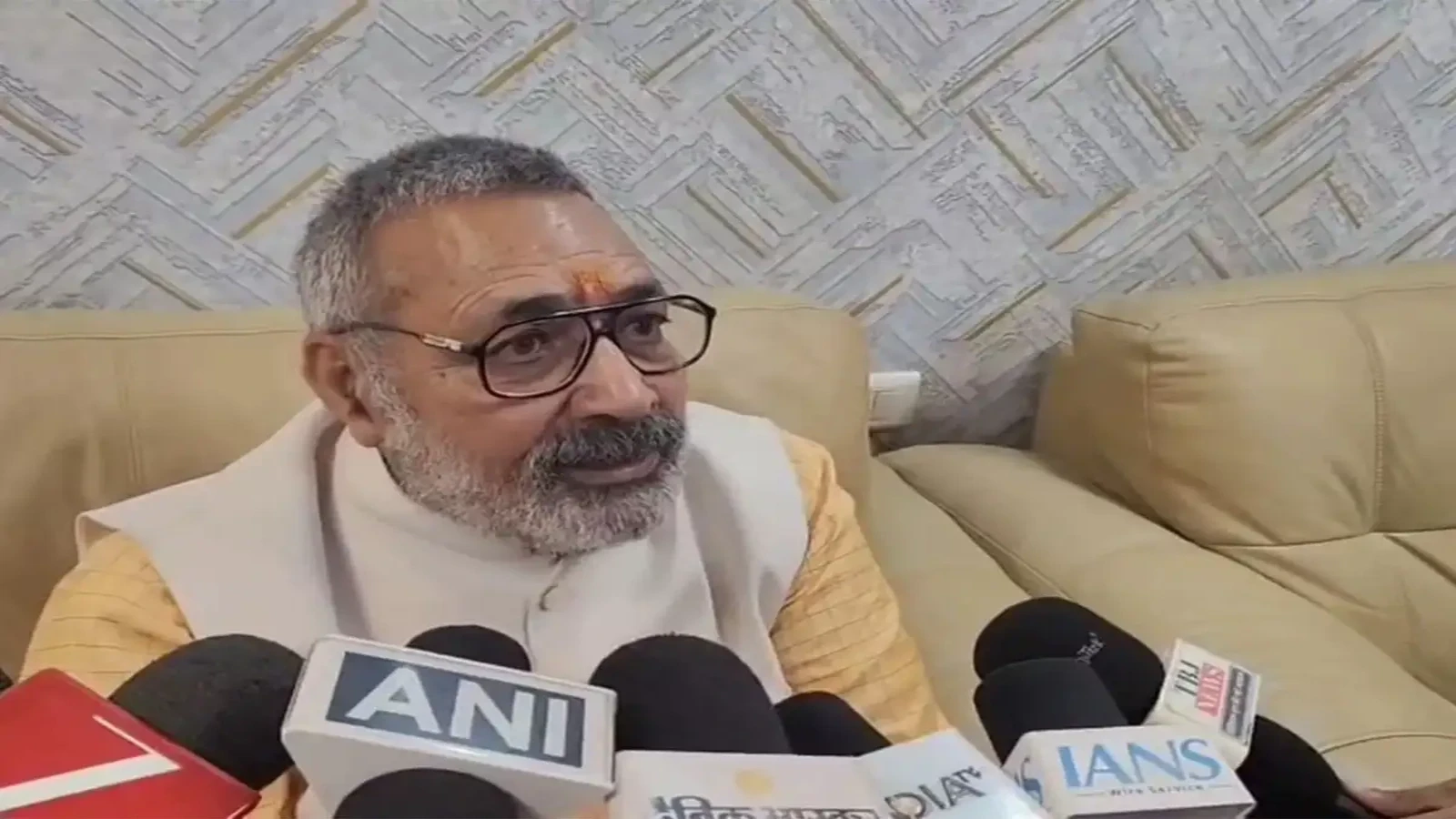

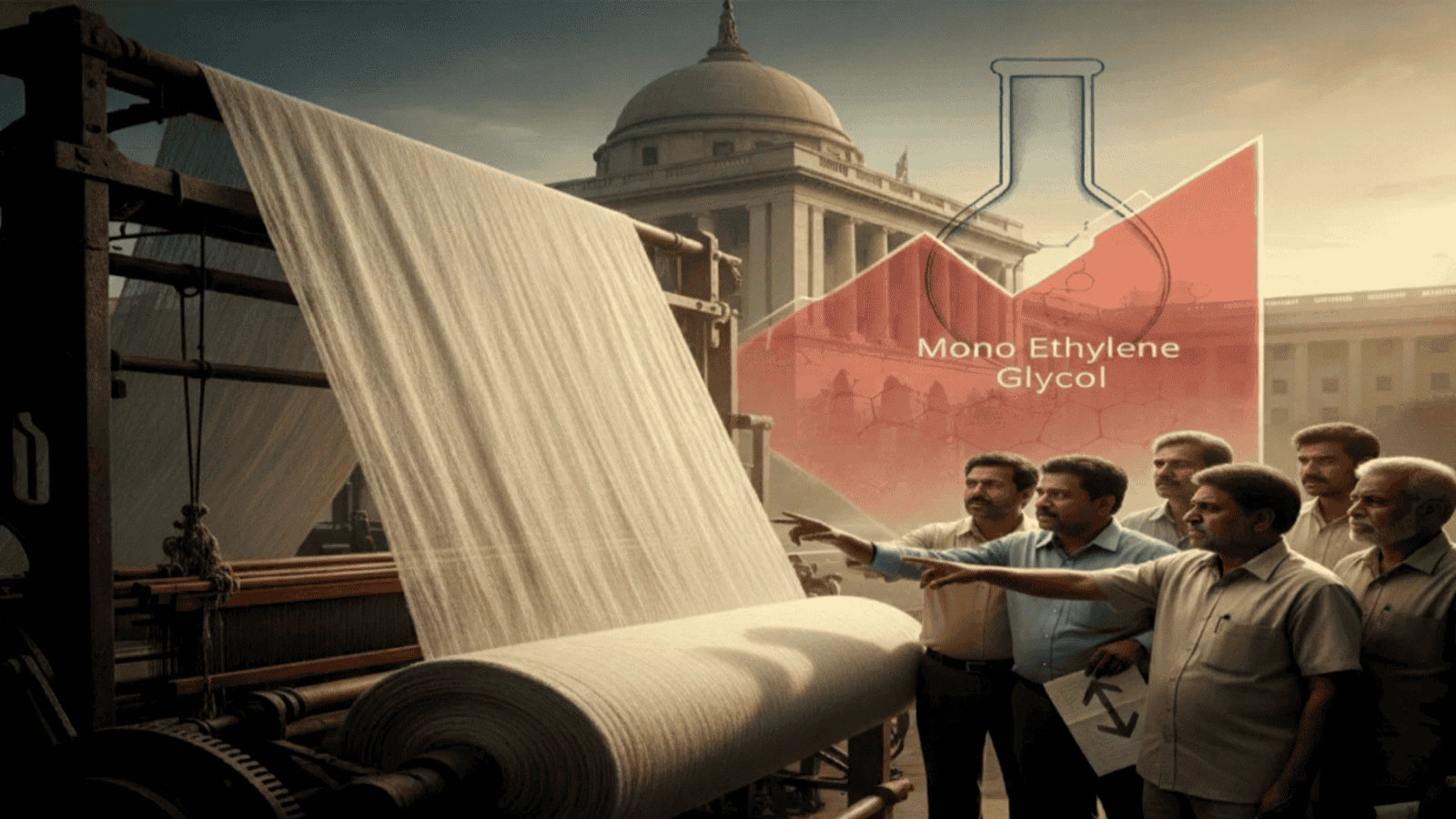

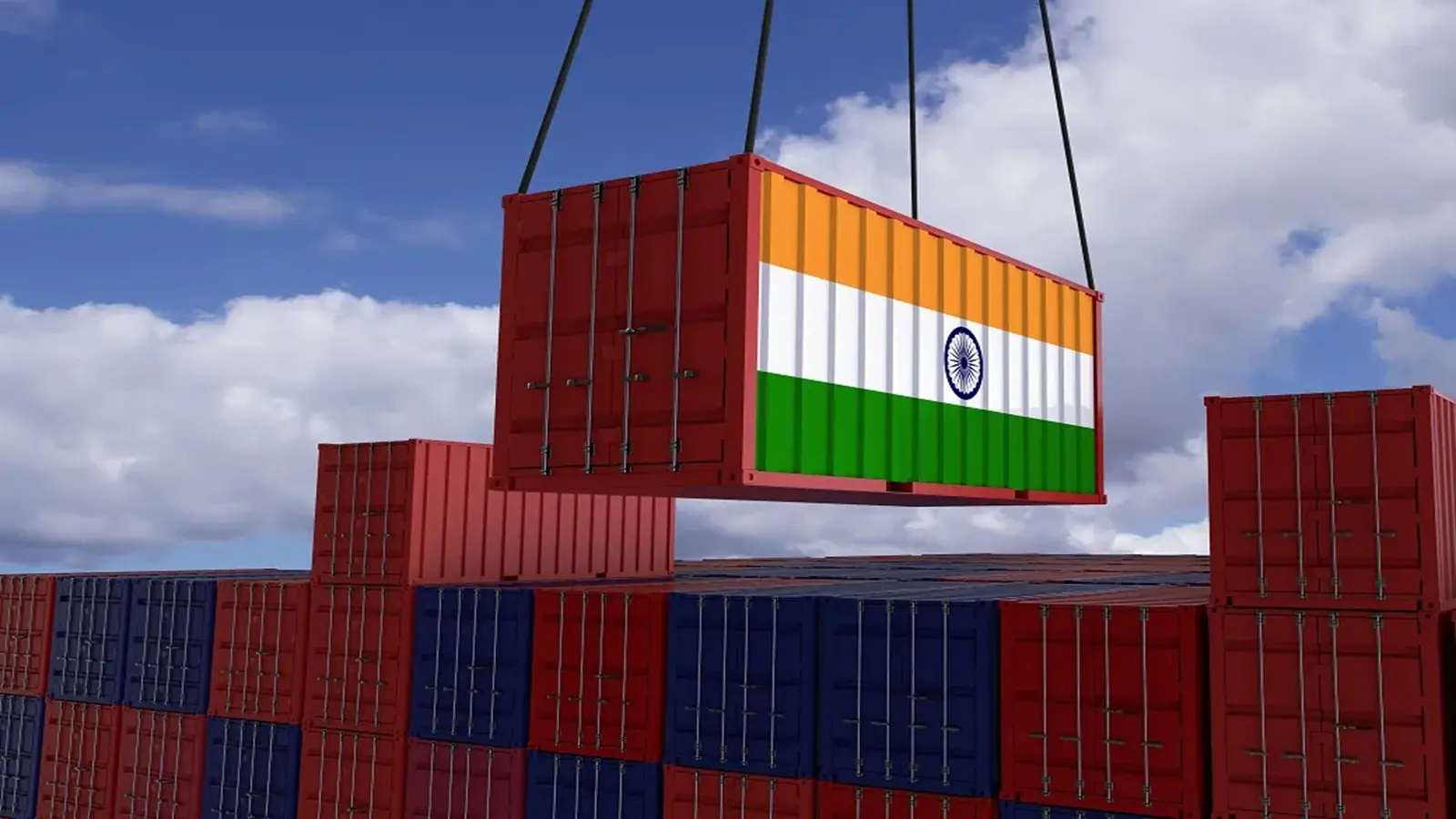

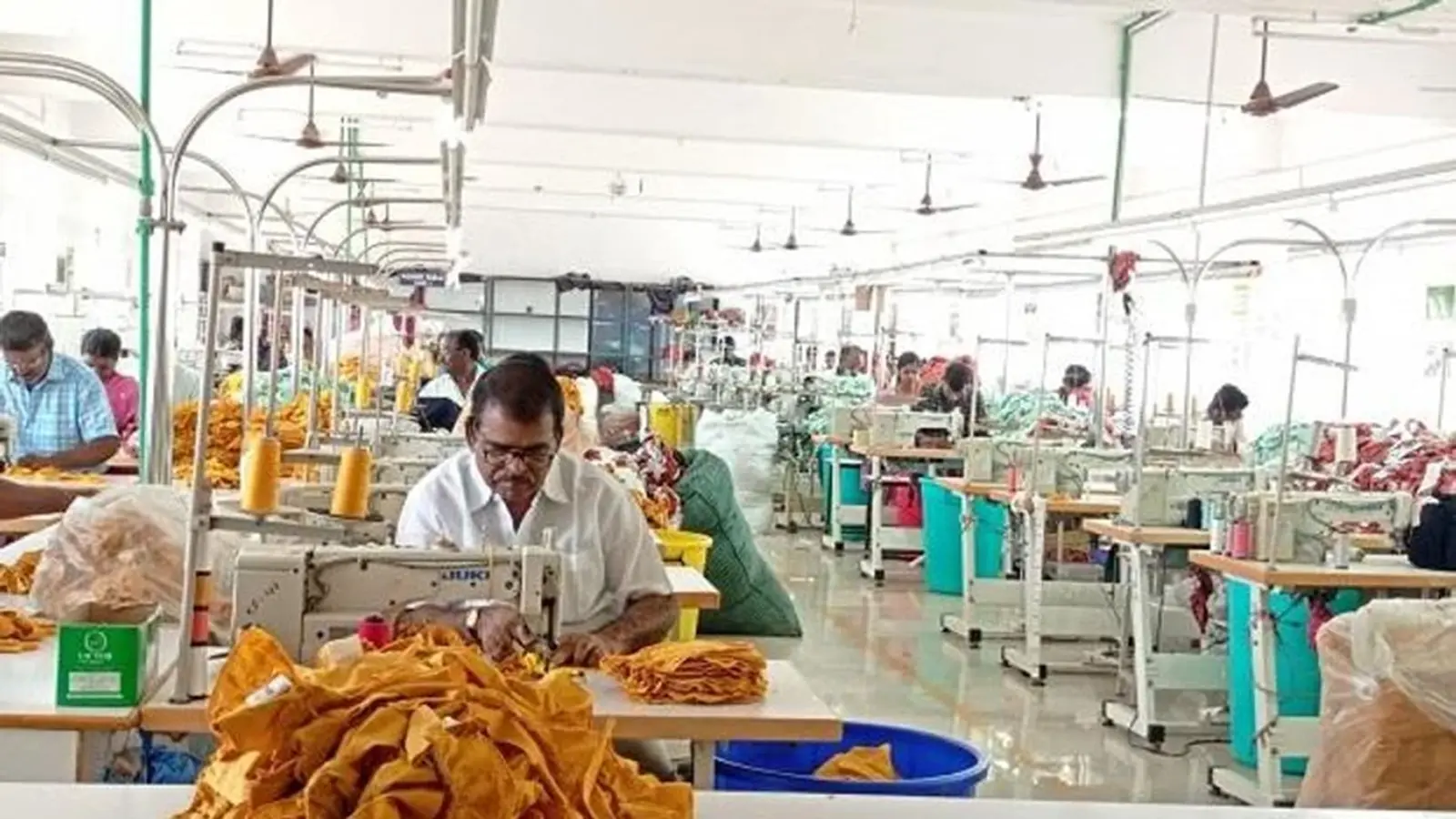



1.webp)
1.webp)
























.webp)









1.webp)

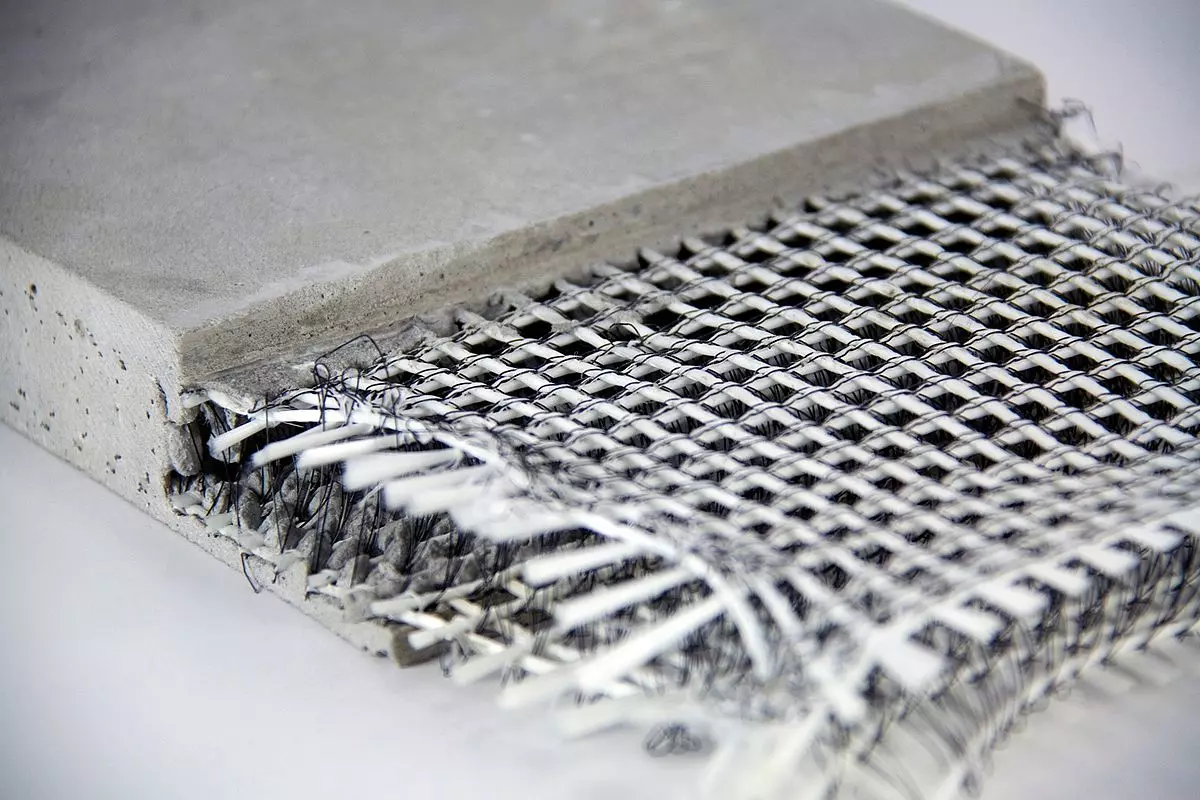










































.png)




.jpg)










1.jpeg)
